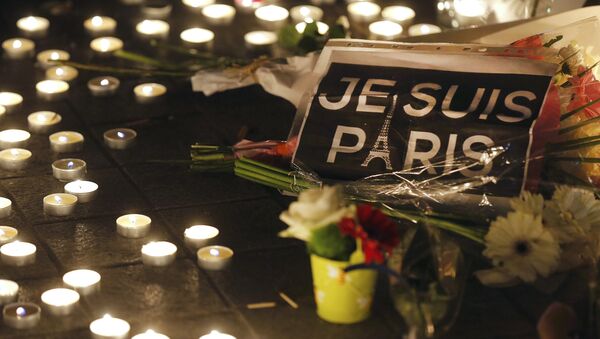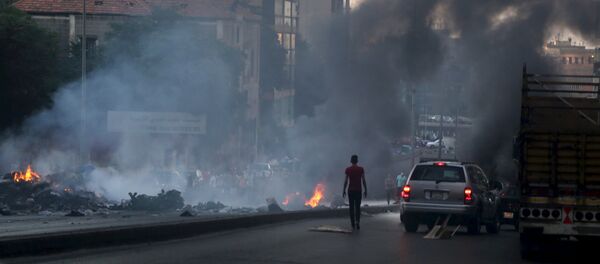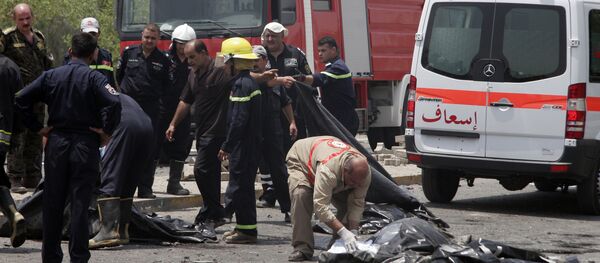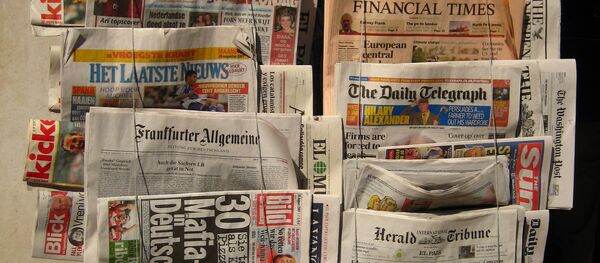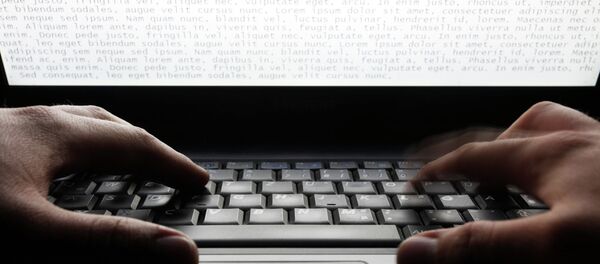The alternative news outlet The Spectacle notes that the same day of the Paris attacks, Lebanon was just starting to come to terms with their own terrorist attack.
The Spectacle then goes on to speculate that it may just be a matter of numbers: The 128 deaths in Paris might potentially overshadow the numbers of deaths in Beirut and Baghdad.
However, Simon concedes that, overall, the Middle East has been hit far harder in terrorist acts.
"The numbers tally up in the Middle East too. According to the Associated Press, 'Since the emergence of Islamic State extremists, attacks in Baghdad have taken place almost daily, with roadside bombs, suicide blasts and assassinations …'
"In the U.S., it can become easy to dismiss stories about bombings, and terrorist attacks coming out of the Middle East as something of every-day occurrence," Simon concludes. "More eyebrows are raised when such attacks come to the West, which is supposed to house world powers, as opposed to a troubled state dealing with radical forces trying to topple the government and willingly engaging in frequent acts of violence to prove it can’t protect all its people."
Not everyone is as forgiving of American media, however.
On his site "Hummus for Though," Lebanese blogger Joey Ayoub wrote that the discrepancy is personal.
"I come from a privileged Francophone community in Lebanon. This has meant that I’ve always seen France as my second home," Ayoub wrote. "It… seems clear to me that to the world, my people’s deaths in Beirut do not matter as much as my other people’s deaths in Paris. ‘We’ don’t get a safe button on Facebook. ‘We’ don’t get late night statements from the most powerful men and women alive and millions of online users."
"Our empathy as human creatures is in sadly limited supply, and even professional counselors experience 'empathy fatigue' when they reach their natural limits for emoting towards and on behalf of others," Hobart writes. "Not having Lebanese coworkers or eating Kenyan food doesn't make those victims' lives matter any less, but it does place those faraway events lower down the empathy list given your particular, limited frame of reference."
An Australian journalist suggested the issue starts at the top with world leaders who instantly issued statements after Paris but were more quiet after Baghdad and Beirut.
"The bombings in Lebanon drew no tweet from Malcolm Turnbull, no social media statement from Barack Obama, no live media blogs from Western media, no wall-to-wall media coverage. And no twitter hashtags from Australians in solidarity with the Lebanese," the New Matlida wrote.
"Safety Check is a relatively new feature and until yesterday we had only activated it in the wake of natural disasters," the statement reads. "The product will continue to evolve as we learn more about how it’s used during different crises. We hope to never be confronted with a situation like this again, but if we are, we are of course open to activating the tool given how reassuring it has been for people in Paris."

